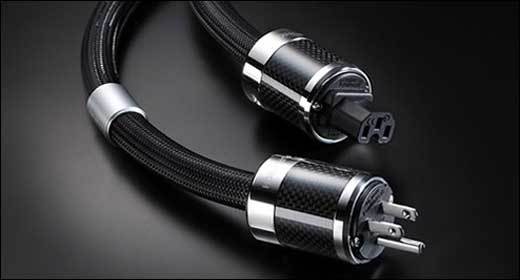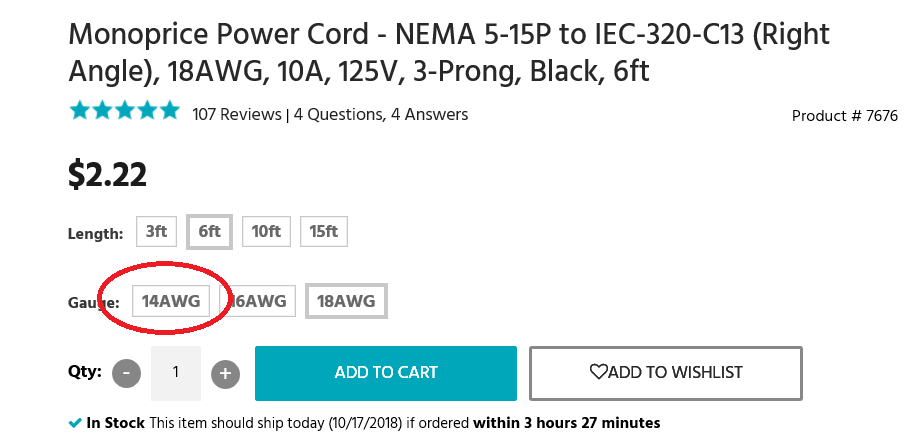Happy Hopping
Supreme [H]ardness
- Joined
- Jul 1, 2004
- Messages
- 7,837
https://www.monoprice.com/product?p_id=7676
monoprice has this, but it's rated at 125V only.
The power cord cable I have now is rated at VW1 300V. Where else can you buy something like this besides Monoprice?
monoprice has this, but it's rated at 125V only.
The power cord cable I have now is rated at VW1 300V. Where else can you buy something like this besides Monoprice?
![[H]ard|Forum](/styles/hardforum/xenforo/logo_dark.png)

